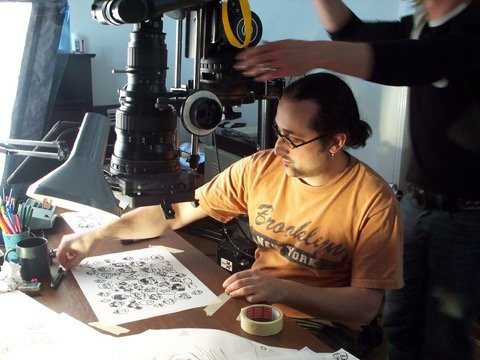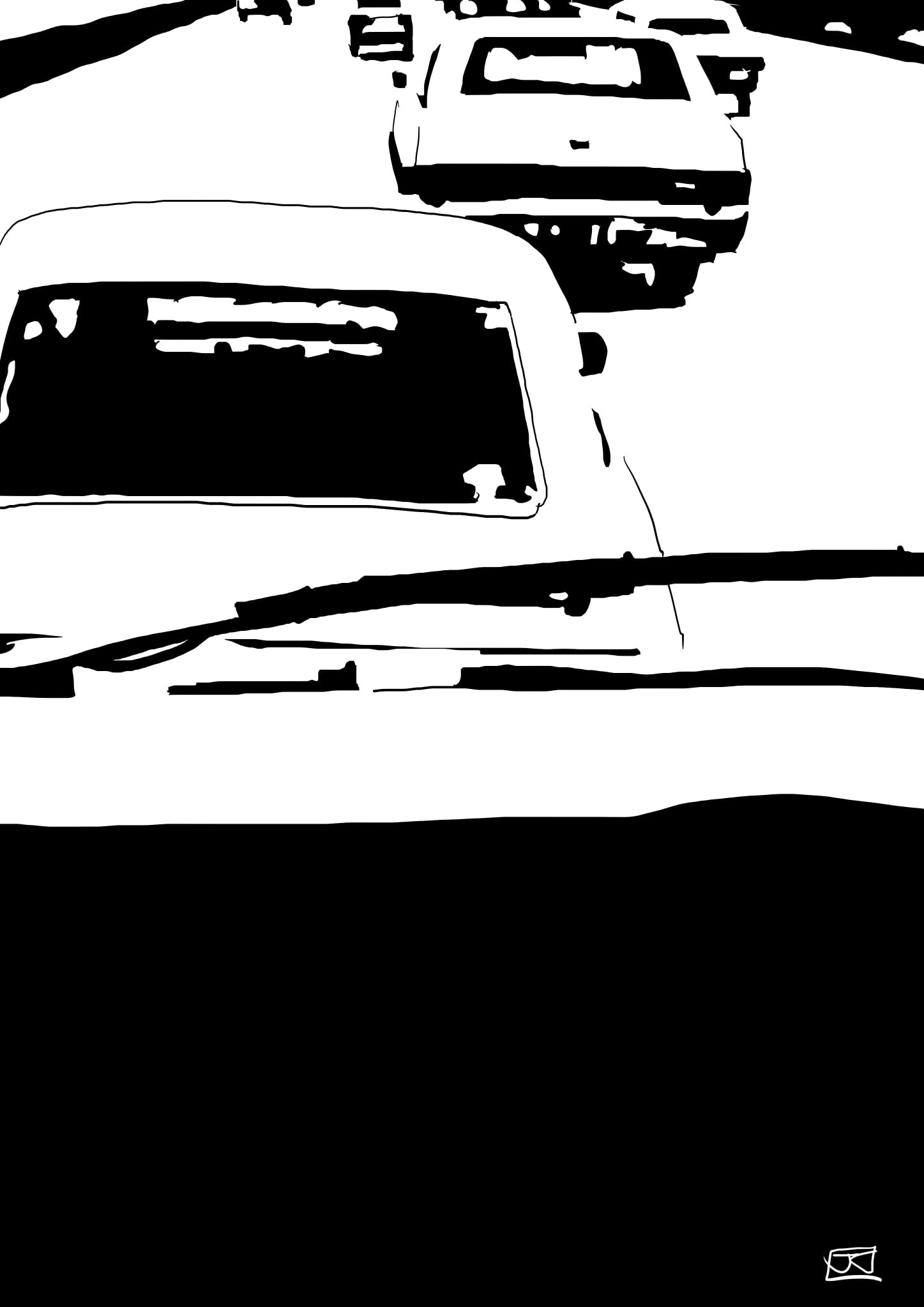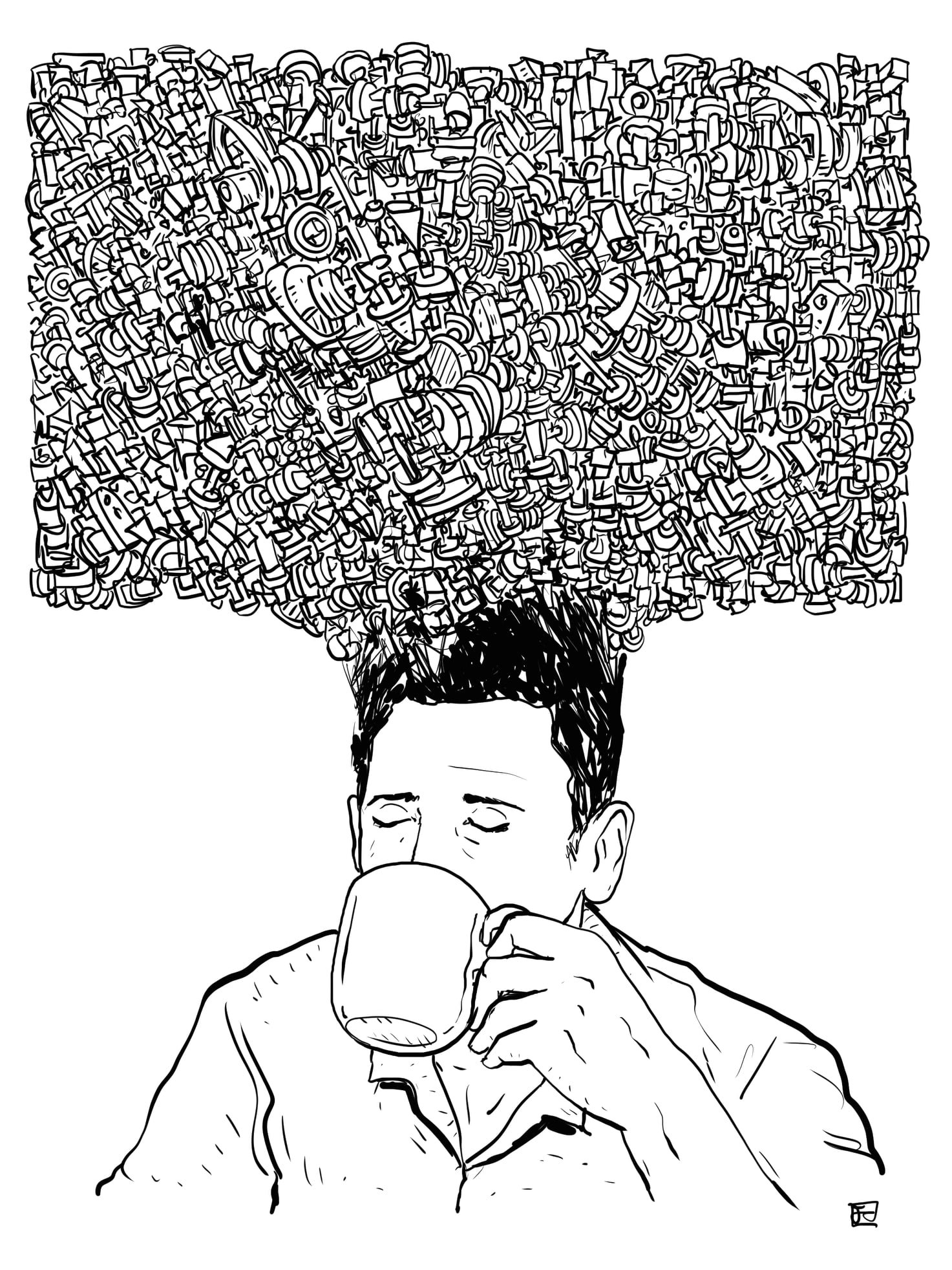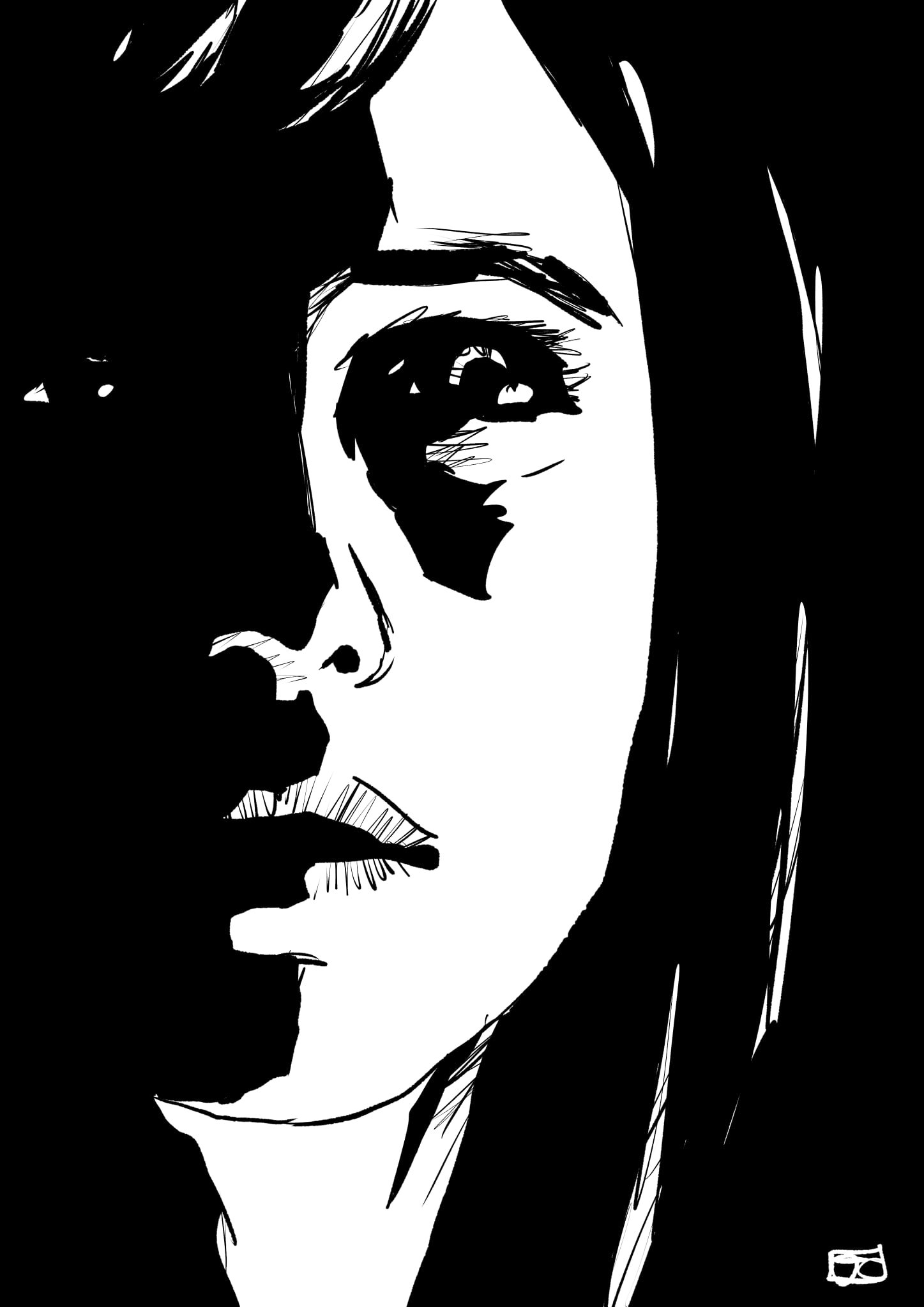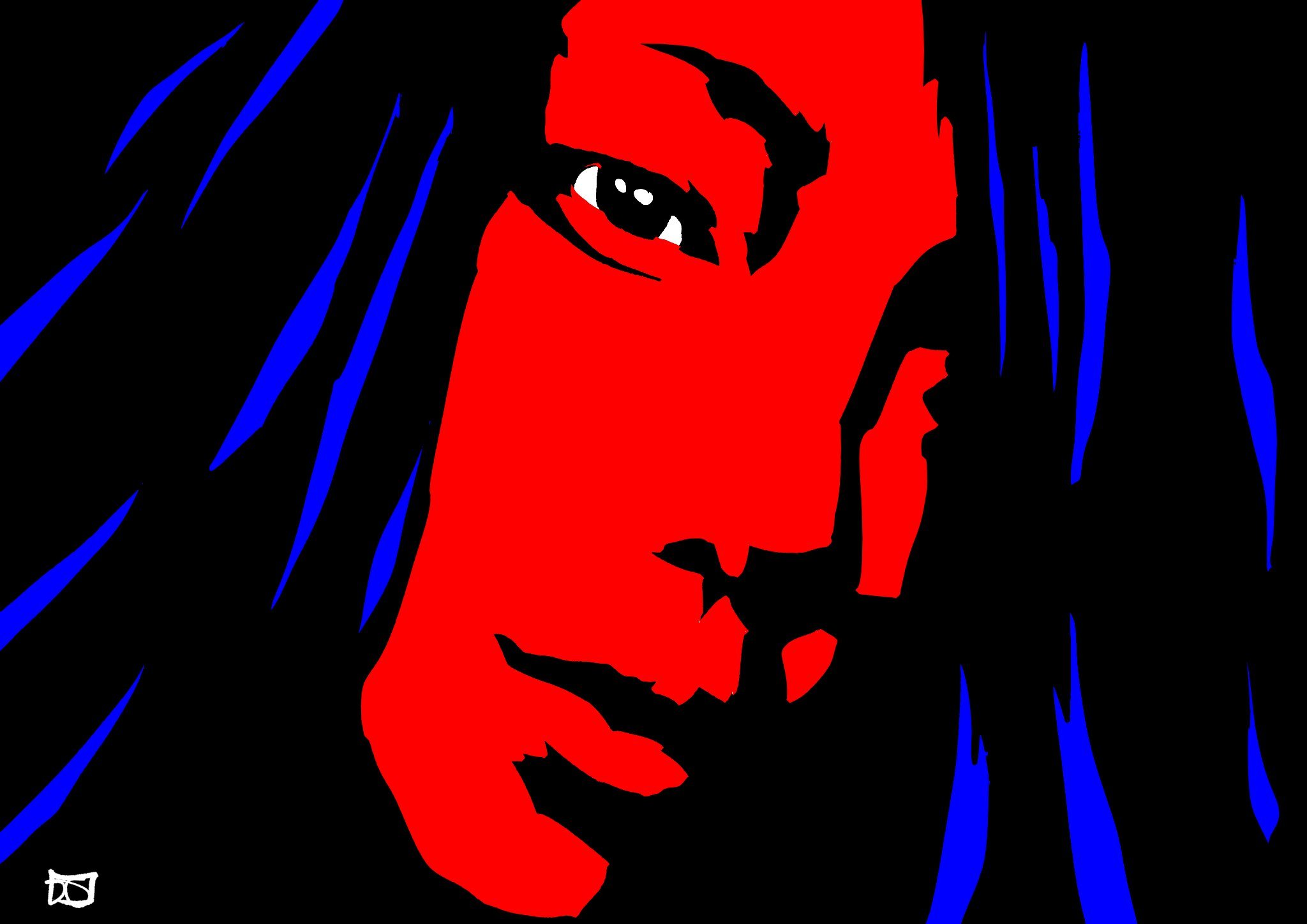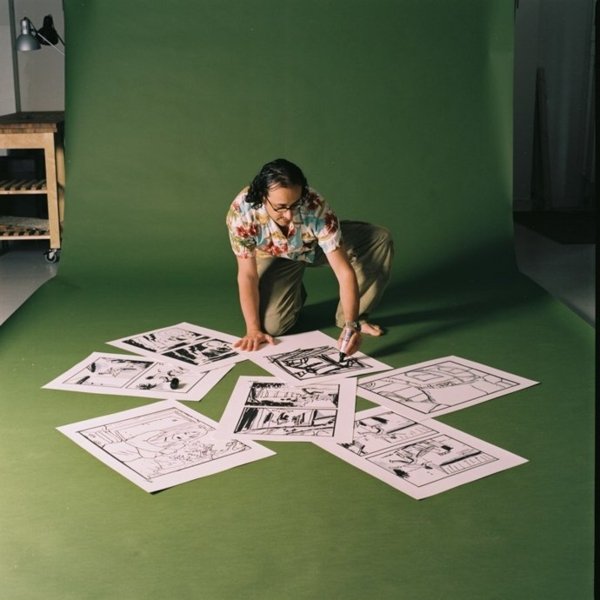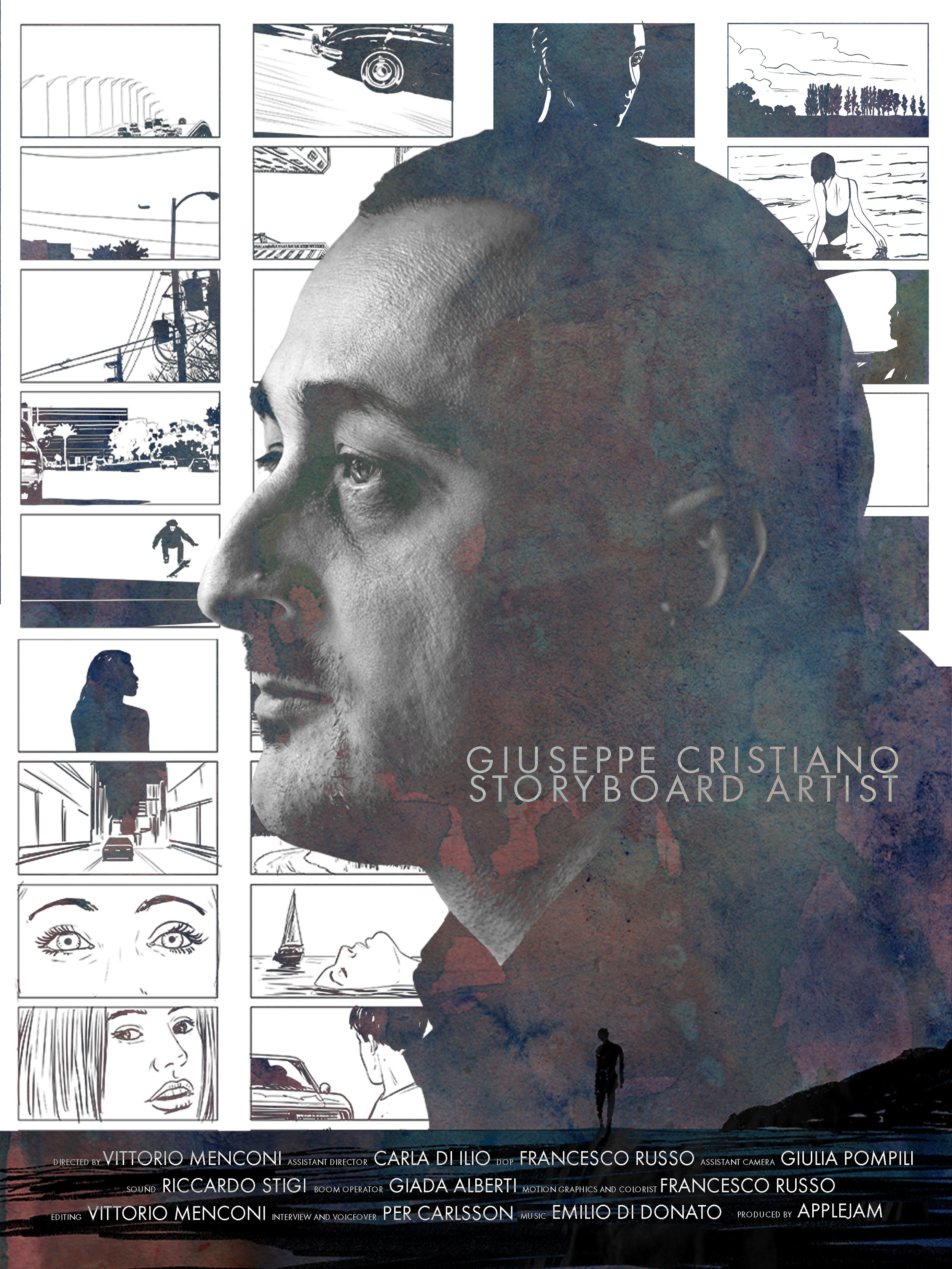storyboarding with illustrator giuseppe cristiano
Giuseppe Cristiano, former comic artist and scriptwriter, has been drawing storyboards for almost two decades. He freelances for advertising agencies and film production companies in Europe and USA.
During the years he has written and published several books and manuals making him the only artist who has written the most books about Storyboard in the whole World - up to today 10 titles for well known international publishers such as Thames & Hudson, Barron's, Michael Wiese Productions. Some of his books are currently used in Colleges and Film Schools where he occasionally he does lectures.
In Sweden he has been giving classes and workshops at Dramatiska, Bergs, Medieskolan, Forsbergs, Konstfack, Karlstad University etc. His experience varies from Animation, Music Video, Advertising, Feature Film, Video Games, Events and more. Cristiano also produces concept art, design, illustrations for print and magazines.
What are the roles/responsibilities of a storyboard artist?
The storyboard artist helps the director visualizing the movie. We work together from the script and all the material collected by the team and the director. To produce a storyboard the artist must be aware of many factors such as budget, technique, F/X, style, etc. Basically, one must understand the vision of the director, learning his way of filming, knowing of course technique, camera, lenses, what's possible and what should be avoided. The storyboard is also a budgeting tool. The producer uses it to estimate costs and therefore the artist must also be aware of what is doable, for example with the camera placement, the setup, the blocking of the actors, changing of the lenses. In fact before starting on a job I make sure I have an overview of the production, this way I know if a shot would be realistically achievable. There are many ways to shoot a scene therefore the director must call the shots so the artist should be in tune with the director in order to also give proper suggestion when needed.
It's not really as simple as just drawing frames out of the script. What we do when we draw a storyboard is that we are actually editing the script. What we achieve at the end is a pre-visualization of the film. In many cases the director asks the artists for suggestions, to explore other possibilities so the more the artist knows about filmmaking the better.
How did you get into illustrating?
I’ve been drawing since I could hold a pen, at least that's what I’ve been told. In fact when I was in pre-school someone noticed that I could already read and write. I loved books so much. So I was sent to primary school one year earlier.
What’s your artistic style like?
I’ve gone through different phases over the years. When I was much younger I watched a lot of cartoons and there was the first Japanese anime invasion on T,V so I drew everything I could inspired by the series I was watching. Then of course I read a lot of comics and had some favorite artists I copied over and over. I liked south American and french comic artists a lot. Those comics were very popular back then and I learned a few techniques looking at their amazing work.
I prefer working in black and white for most. I tend to draw realistic images. Nowadays I am often inspired by movies and my favorite exercise would be to create a scene in one image, drawing a suspended cinematic moment if you will.
Walk us through your artistic process.
I have a lot of routines. And during the day I have dedicated hours for some of my projects. Depending on the job that I have usually I set part of the day for specific things.
One of my routines, which I’ve been doing for many years now, is that I must do at least one finished illustration every day. I call this “A Picture a Day”. I’ve even done several exhibitions and a book from this exercise. For me it's a sort of discipline. No matter what I have to do I must find the time during the day for one illustration. Otherwise I am very methodical and organized. When I have a job on my desk, right after a meeting, I know exactly the time I will need to accomplish the job. That is why I often have several jobs at the same time. I’m still in control and in that case I plan them knowing their deadline and in the order I can work them efficiently. Because I have done it for many years it comes natural for me this process but it would be very difficult to explain how it works.
How did you make your way from novels to film production?
In reality I started up as a script writer for comics before I could draw them professionally, so writing has always been a passion for me. The other passion I had since I was a kid has been movies. My dad used to take me to the cinema every time something cool was out, so I grew up with books and movies. Of course adding drawing in the mix I ended up doing storyboard for movies. When you work with scripts for many years, you start to learn more and more tricks and smart ways to build stories. You learn story structure of course, but most importantly working with directors on script. We visualize the story- and often to do so we need to alter the script, adapt it, do corrections and so on. At one point between jobs I got back to my old ideas and stories, and I started to rewrite them with all the things I’d learned from the professional met over the years.
Since I never throw anything away, whether it’s a note or sketch (I used to keep lots of binders in my studio with all sort of things filled in them), I find tons of ideas, stories, comics, and projects collected for many years. Then I started polishing a few, found publishers interested in them, and eventually got a few published. In reality many of these stories go back almost 20 years.
What’s the hardest thing about working in a creative field?
Finding time and the right mood to actually be creative. There are far too many distractions these days. For example I have to often turn off notification and I haven't installed my social on the phone. Writing requires concentration therefore I fully dedicate time when I am in a creative process. Like I said I like routines so as long as I am in control of the time and quietness I can be very productive even though I might have limited time due to the storyboard work that I might have on my desk.
Any advice for aspiring illustrators?
Do not stick to just digital. Today there are a lot of tools and even apps helping an artist but I would practice on paper as much as possible. Learn as much as you can and go to real courses. Learn painting techniques. Computer, tablets, and digital screens are all very useful and I use them all myself, but one must build the foundation of the art with solid knowledge.
You’ve published comics- did you grow up with a love of them?
Yes, like I said I grew up reading comics. It has been one of my major influences. The comics I draw these days are all sort of experiments. I do them in between jobs and I always try something different for each project. For example, all of the stories I have published over the years are without text and dialogue. It's one of the challenges I put on myself. One story I drew in white on black. For another one I used real brushes and ink pens on paper. For another I produced a soundtrack and I drew all the pages in the same frame format, like a movie.
Any upcoming projects?
I have a few. A novel coming out in the autumn for which I created a band, and we will perform a few songs from the book. I have a few new graphic novels in the works, and I’ve signed two option contracts for movies but I think it's too early to talk about it.
